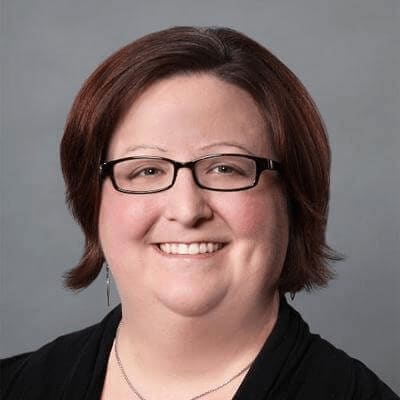News
Why Every Medicare Beneficiary Should Take Advantage of New ‘Open Notes’ Mandate
Ever wondered exactly what your doctor writes in your medical record? Well, you’ll soon be able to find out thanks to a new federal rule often referred to as the “open notes mandate” that makes your doctor’s notes and a variety of other information automatically available to you for free.
This article explores the rule and explains how Medicare beneficiaries may be able to use it to their advantage.
What is the “open notes mandate”?
The “open notes mandate” is a federal rule that gives you immediate access to consultation notes, discharge summary notes, history and physical notes, imaging narratives, laboratory report narratives, pathology report narratives, procedure notes and progress notes.
Learn More About Medicare
Join our email series to receive your free Medicare guide and the latest information about Medicare and Medicare Advantage.
By clicking "Sign me up!” you are agreeing to receive emails from MedicareAdvantage.com.
The new rule essentially requires providers to adopt the OpenNotes philosophy of patient engagement that has existed for the last 50 years. It’s the idea that transparent communication in healthcare helps patients achieve optimal health and take control of their health.
Why is the “open notes mandate” important?
The new mandate is important because it means you’ll have ongoing and immediate access to your health information. You won’t need to submit a HIPAA request form and wait for your doctor to provide you with copies of the information. In most cases, you’ll simply log onto your patient portal and access the information yourself.
The “open notes mandate” takes effect on April 1, 2021.
Are there any exceptions to the rule?
Yes. There are several exceptions to the new rule.
For example, your doctor may withhold psychotherapy notes or notes for which they have reasonable assumption could be used in a civil or criminal court case or administrative proceeding. You may also withhold information if you and your physician anticipate that releasing the information could cause harm to you.
Why should I read the information in my own medical record?
Reading your own medical record has many benefits. For example, when you read what your doctor writes, it can help you remember details of the visit that you may have forgotten, such as how often to take certain medications or that your doctor referred you to see a specialist.
Another reason is to help you better understand your own health and ask questions. For example, you might see a lab result that you don’t understand and can ask your doctor about it then next time you see them.
A third reason to review your record is to ensure that all of the information is accurate. Doctors are humans, and thus they make mistakes. When you review your information, you can identify errors both large and small that could have led to an adverse event (e.g., a doctor omitting an important allergy or transposing numbers for your date of birth, making it difficult to submit Medicare claims or exchange your record with other providers).
What should I do if I read something in my record that I don’t understand or am questioning?
Don’t be alarmed if you read acronyms and medical terms that you don’t understand. When this happens, the best thing to do is contact your doctor directly. Let them know you have a question and that you’d like someone to call you back. In some cases, you may need to make an appointment to discuss your questions in greater detail.
If you find an error in your record, contact your doctor’s office immediately. They will likely initiate an amendment process whereby they review your finding and either agree or disagree that the information is erroneous and then update your record, if necessary.

About the author
Lisa Eramo is an independent health care writer whose work appears in the Journal of the American Health Information Management Association, Healthcare Financial Management Association, For The Record Magazine, Medical Economics, Medscape and more.
Lisa studied creative writing at Hamilton College and obtained a master’s degree in journalism from Northeastern University. She is a member of the American Health Information Management Association, American Academy of Professional Coders, Society of Professional Journalists, Association of Health Care Journalists and the American Society of Journalists and Authors.
Lisa currently resides in Cranston, Rhode Island with her wife and two-year-old twin boys.
Website: LisaEramo.com
LinkedIn: Lisa Eramo
Twitter: @Lisa_Eramo

